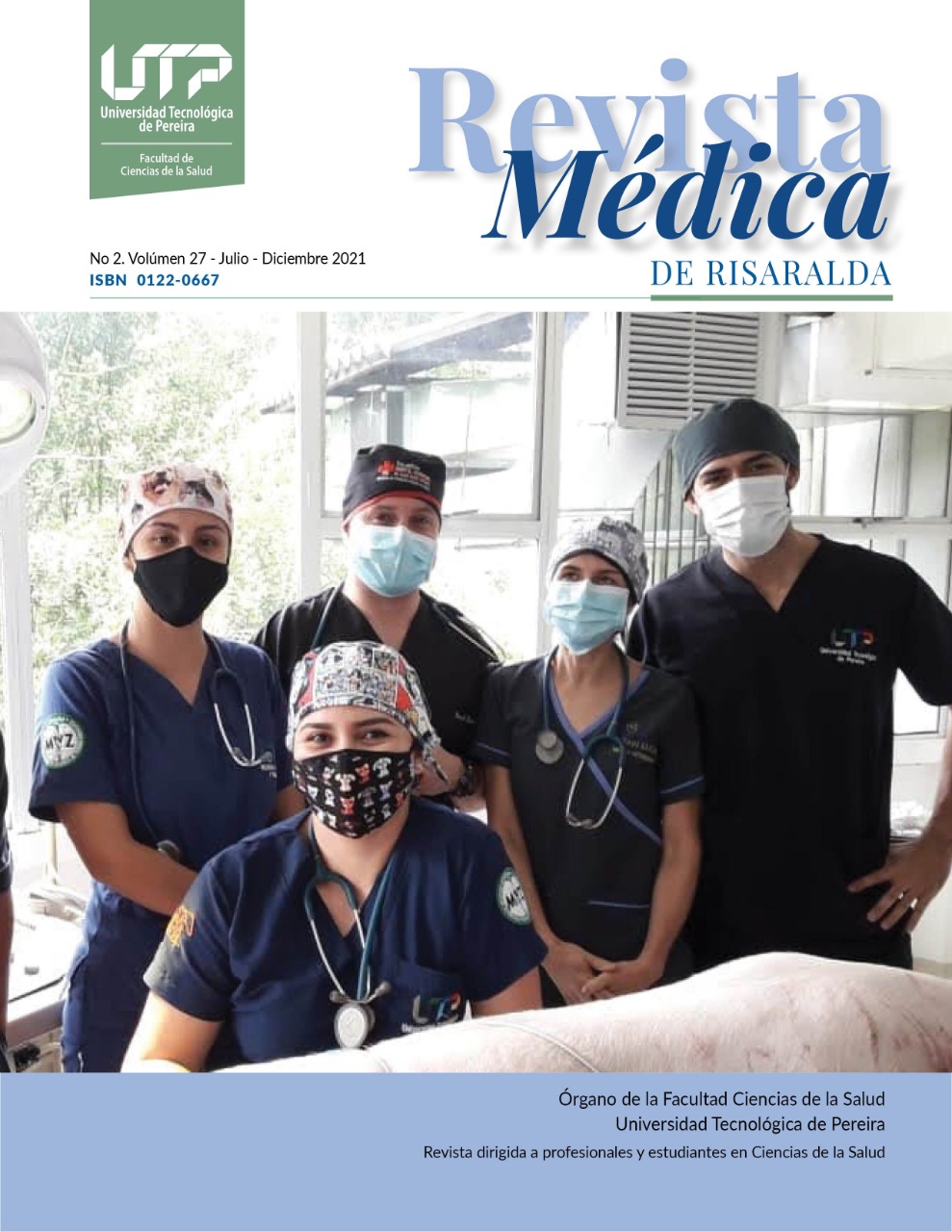Diagnóstico toxicológico del paciente crítico: el desafio
DOI:
https://doi.org/10.22517/25395203.24603Palabras clave:
MeSH Keywords: Toxicology, Blood poisoning, acute toxicity, critically ill, Critical Care.Resumen
Introduction: A high percentage of patients who survived poisoning will be transferred to the Intensive Care Unit (ICU) to continue their management in relation to the severity of the poisoning, and possible complications that arise in this scenario. The clinical results will depend on several factors, such as the ingested dose, the characteristics of the substance, the time of medical attention, and the pre-existing state of health of the patient.
Objective: To review the clinical behavior of poisonings in the critically ill patient.
Recent findings: The data bases that yielded relevant bibliographical results were Web of Sciences, Scopus, PubMed, SciELO, and bibliographic references published between 2012 and 2020 were chosen.
Conclusions: The clinical behavior of poisonings in the critically ill patient is atypical. The intensivist must have an in-depth knowledge of the behavior and pathophysiology of the toxins since making a medical diagnosis on the stage of the critically ill patient is challenging. The integration of all possible medical tools is required to achieve this in the absence of clinical history, and the implementation of early management strategies is necessary to reach physiological restoration by using a continuous evaluation approach. The severity of poisoning in the critically ill patient demands interdisciplinary management that includes assessment by Clinical Toxicology.
Descargas
Descargas
-
Vistas(Views): 640
- PDF (English) Descargas(Downloads): 358
Publicado
Cómo citar
Número
Sección
Licencia
Cesión de derechos y tratamiento de datos
La aceptación de un artículo para su publicación en la Revista Médica de Risaralda implica la cesión de los derechos de impresión y reproducción, por cualquier forma y medio, del autor a favor de Facultad de Ciencias de la Salud de la Universidad Tecnológica de Pereira. 1995-2018. Todos los derechos reservados ®
por parte de los autores para obtener el permiso de reproducción de sus contribuciones. La reproducción total o parcial de los trabajos aparecidos en la Revista Médica de Risaralda, debe hacerse citando la procedencia, en caso contrario, se viola los derechos reservados.
Asimismo, se entiende que los conceptos y opiniones expresados en cada trabajo son de la exclusiva responsabilidad del autor, sin responsabilizarse ni solidarizarse, necesariamente, ni la redacción, ni la editorial.
Es responsabilidad de los autores poder proporcionar a los lectores interesados copias de los datos en bruto, manuales de procedimiento, puntuaciones y, en general, material experimental relevante.
Asimismo, la Dirección de la revista garantiza el adecuado tratamiento de los datos de carácter personal



